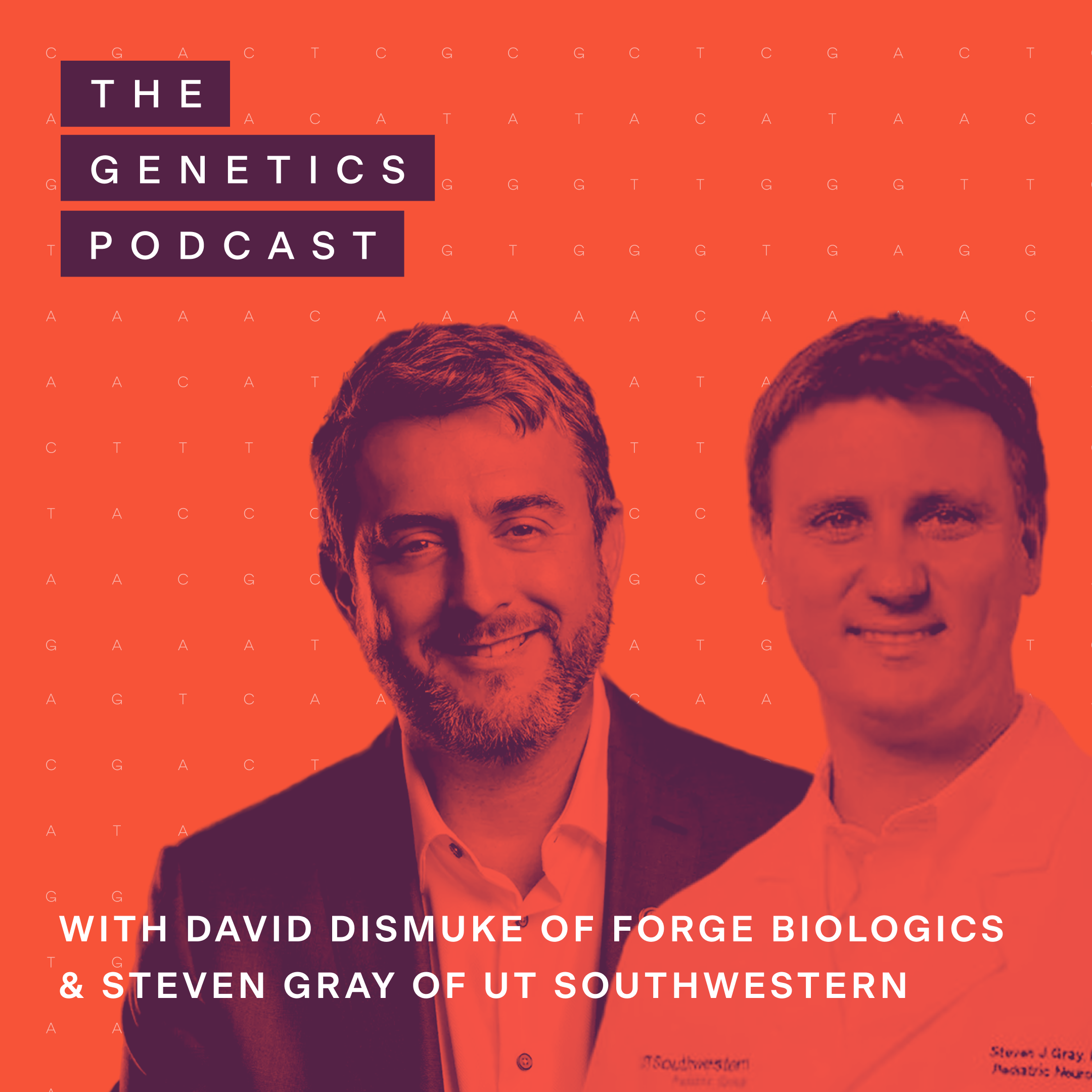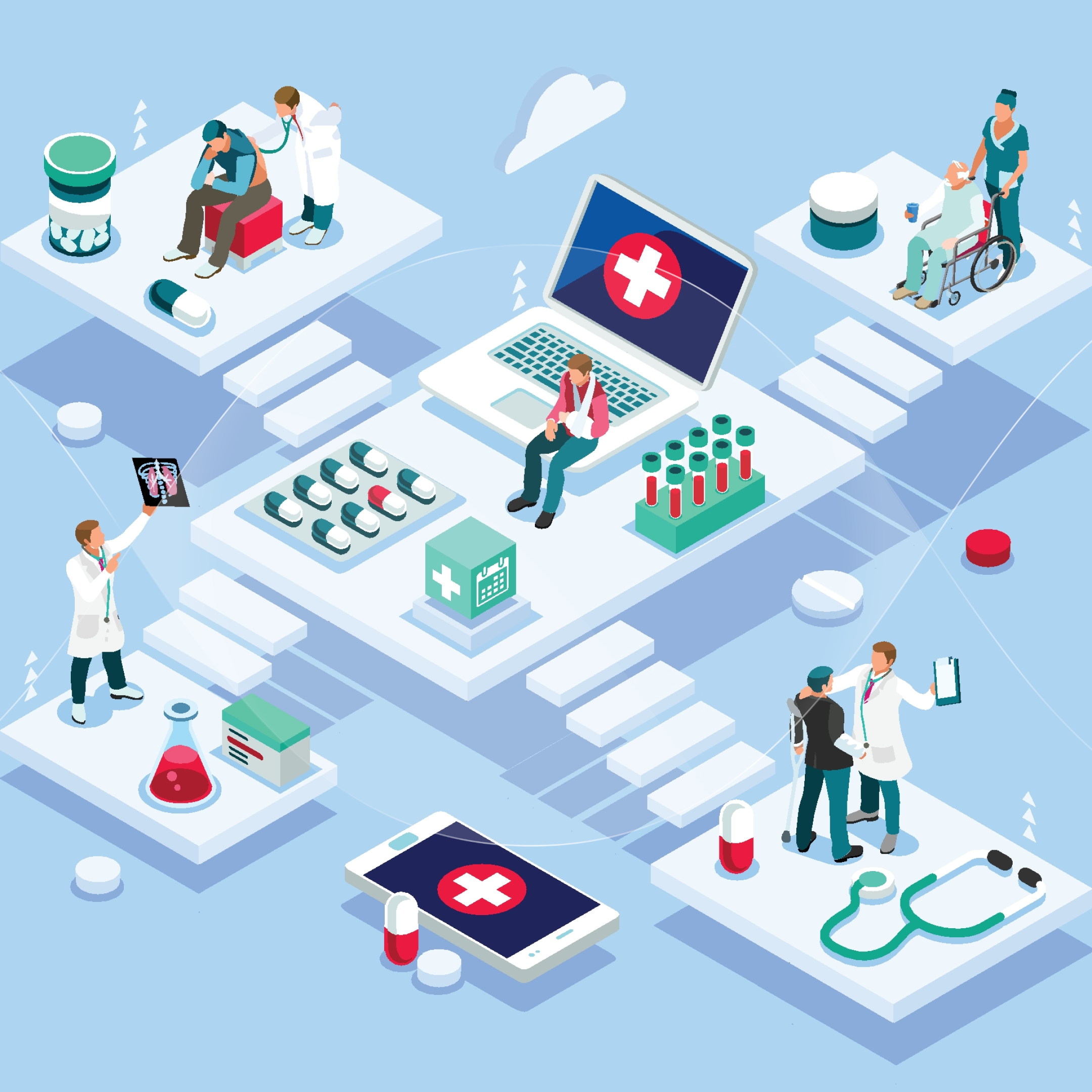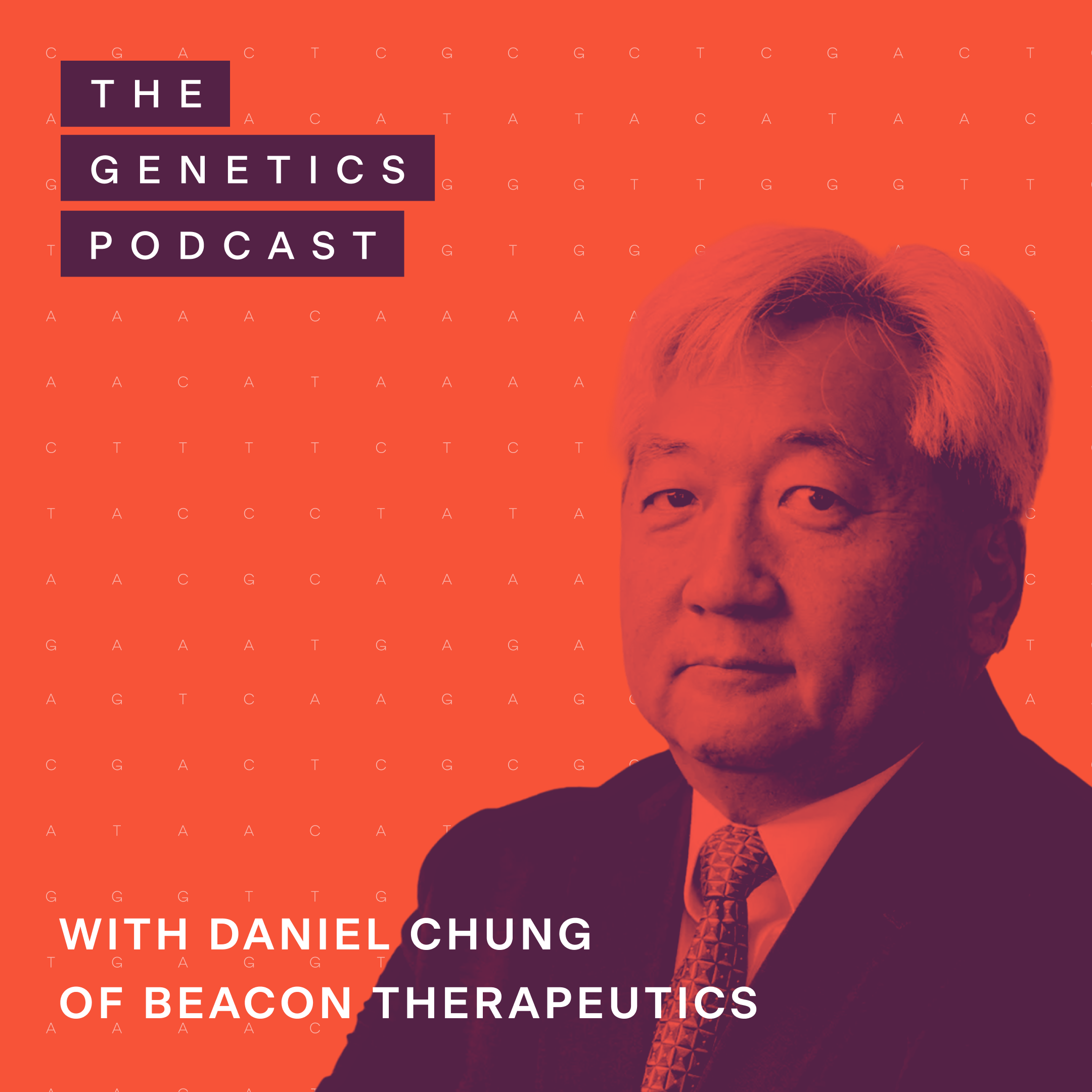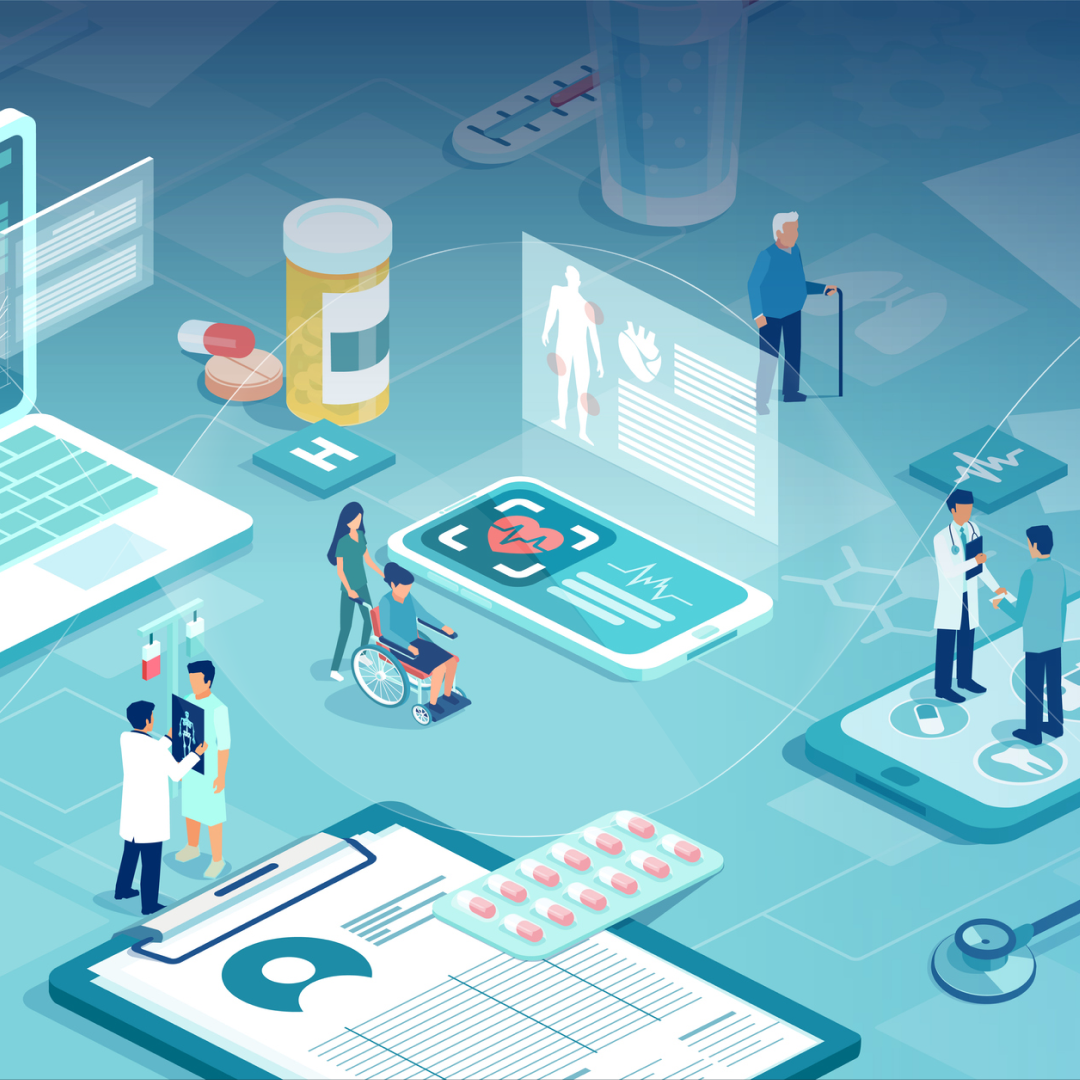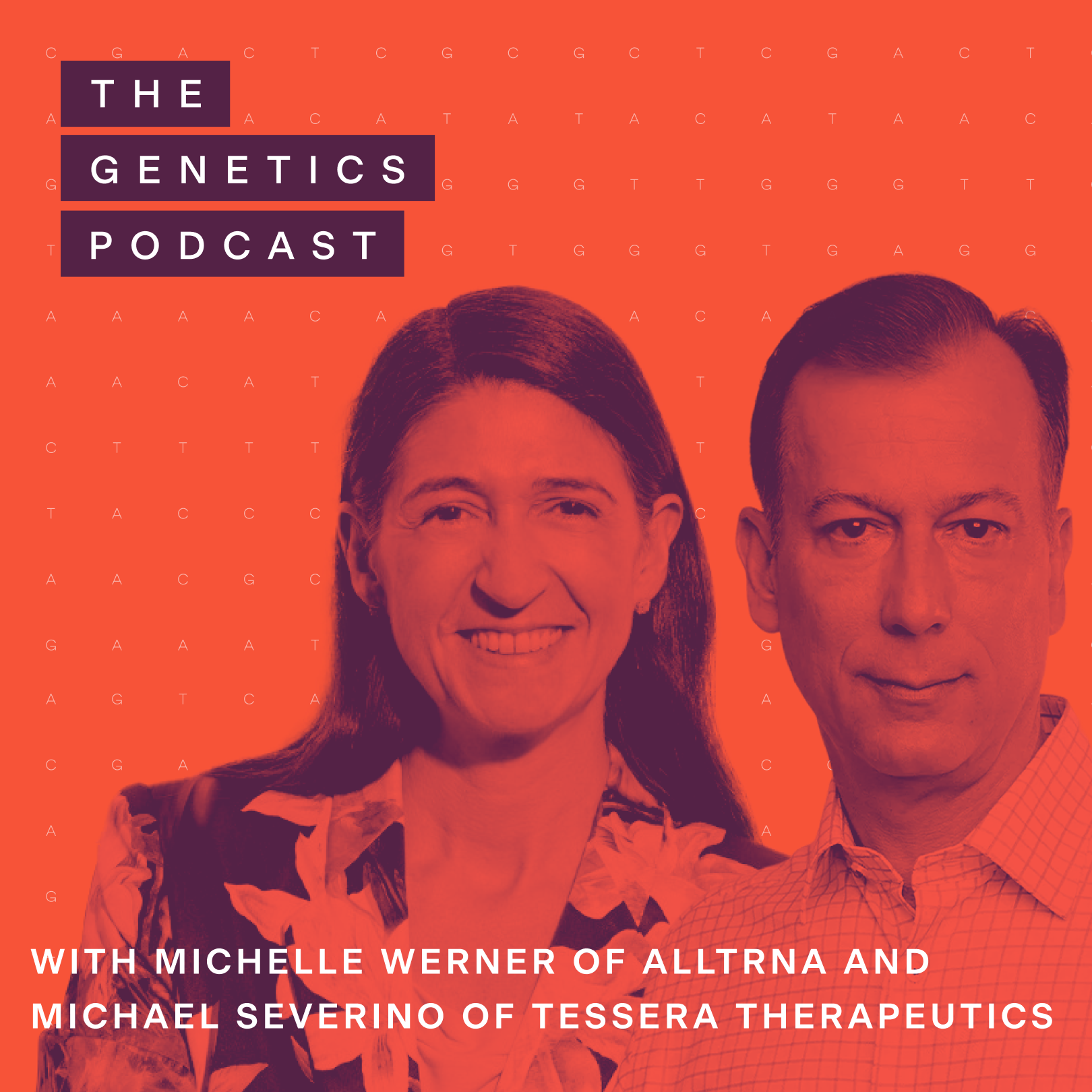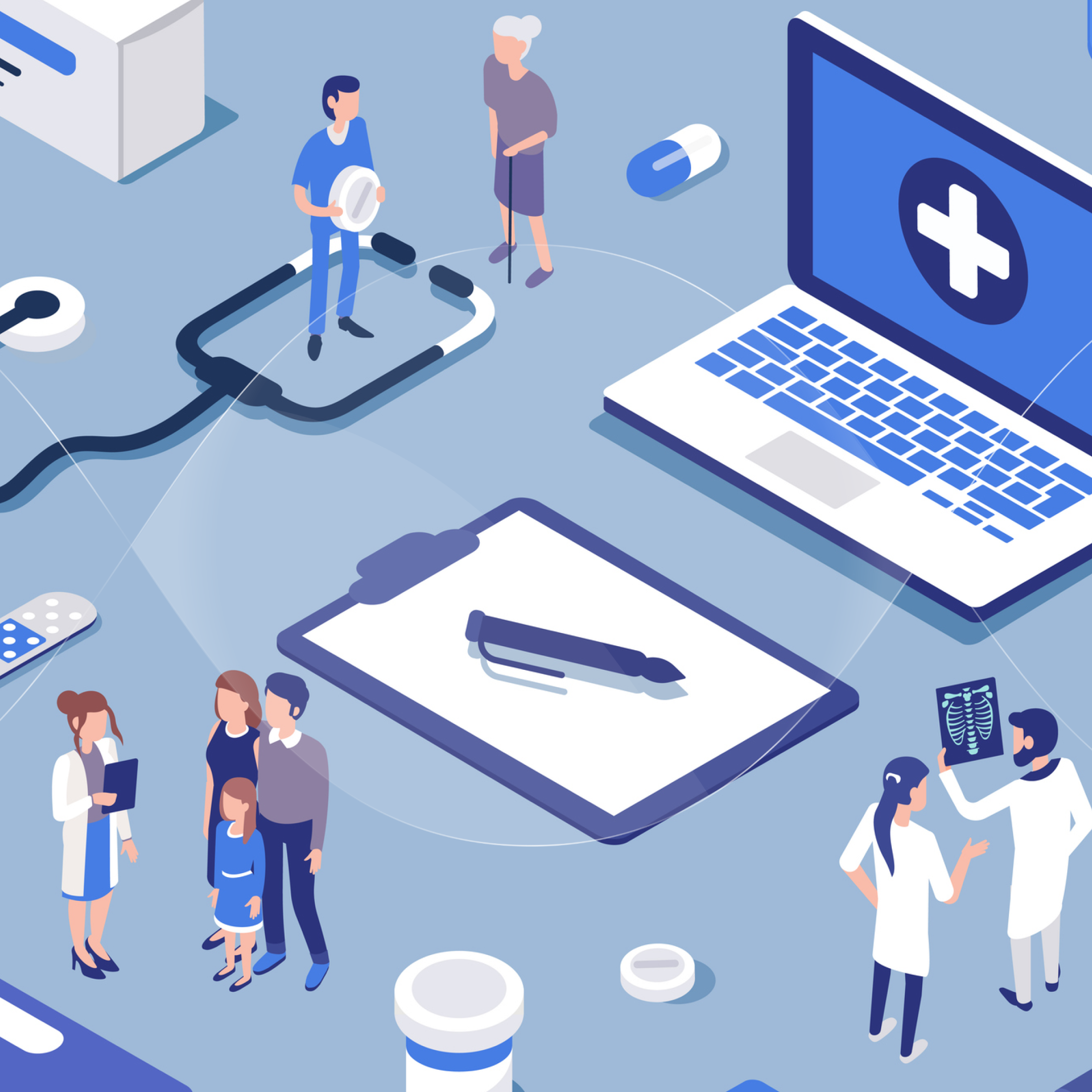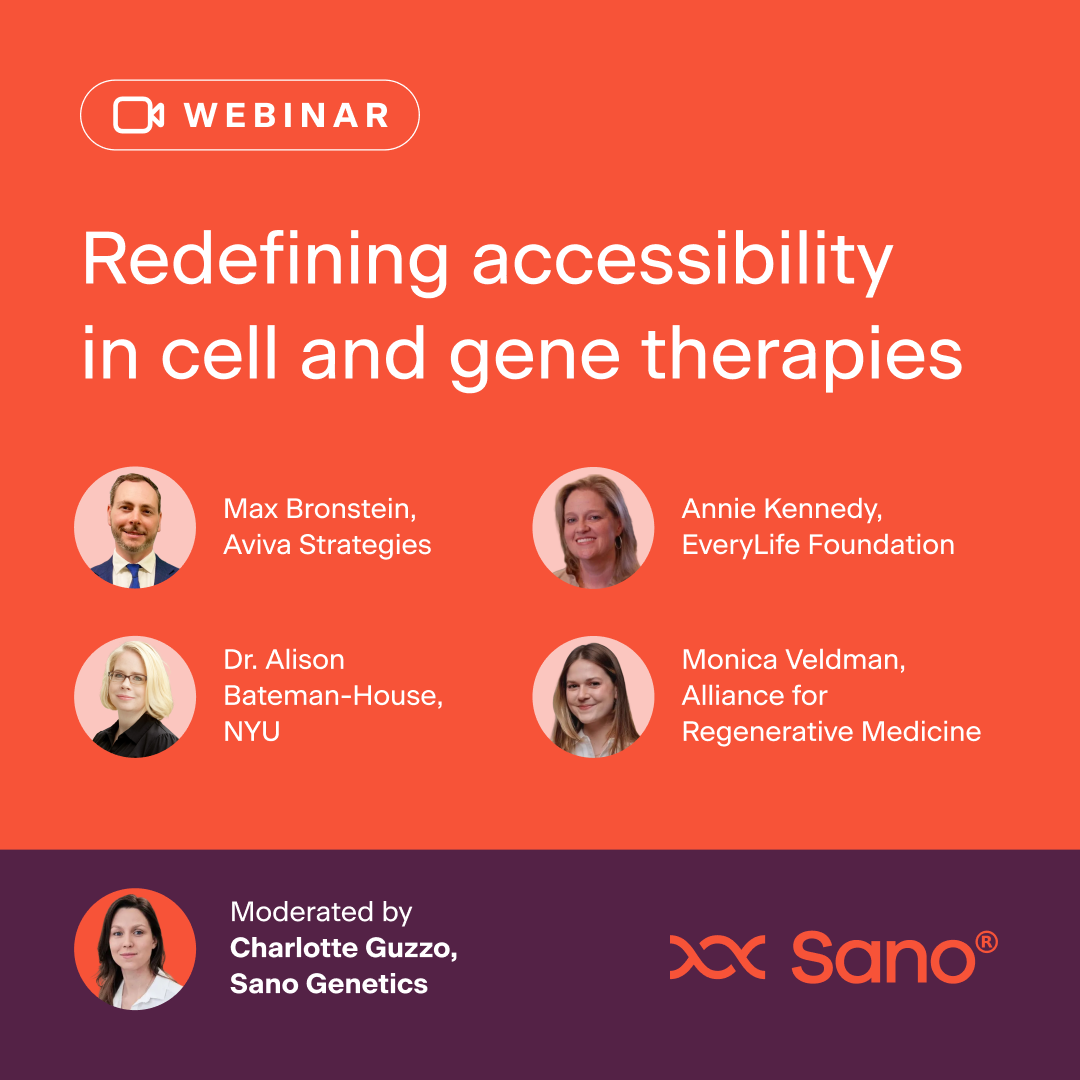Clinical research blog
Explore our blog for insights into the big questions in precision medicine and clinical research.
AAV gene therapy has moved from proof of concept to approved products. As more programs enter the clinic and target larger patient populations, manufacturing has become a defining factor in what is feasible. Process design, vector architecture, analytics, and scale all shape how quickly therapies reach patients and at what cost.
Cell and gene therapy (CGT) programs are committing to 10-15 years of follow-up – often without the infrastructure to support it. FDA guidance for certain gene therapy products recommends long-term follow-up to monitor delayed adverse events and persistent biological activity.
In the latest episode of The Genetics Podcast, we spoke with Dr. Daniel Chung, Chief Medical Officer at Beacon Therapeutics. The conversation focused on how retinal gene therapy has evolved since Luxturna, why progress has been slower than many expected, and what needs to change for the field to deliver repeatable late-stage successes in inherited retinal disease.
Digital recruitment has become a standard part of clinical trial execution. Sponsors invest heavily in online outreach, patient referrals, and awareness campaigns to drive interest in studies. These efforts often succeed in generating clicks, sign-ups, and initial expressions of interest.
Last week, the rare disease field celebrated another breakthrough. A teenage girl with an ultra-rare genetic neurodegenerative disease was treated with a bespoke antisense oligonucleotide (ASO) at the Great Ormond Street Hospital (GOSH) in the UK. Nine other children with similar diseases will also be treated with a customized ASO therapy as part of the same trial, sponsored by EveryONE Medicines and approved by the Medicines and Healthcare products Regulatory Agency (MHRA).
As genetic medicine has continued to advance, experts have consistently highlighted the importance of newborn genomic screening as a practical avenue for early detection of rare genetic diseases. Intervention within the first few weeks of life can prevent irreversible harm associated with undiagnosed conditions. Beyond its clinical impact, newborn screening is becoming a key test case for integrating genomics into public health infrastructure, rather than limiting it to research or specialty care.
Patient availability is often overestimated during trial planning. This usually starts at feasibility, where sites are asked to report how many patients they have with a given disease. Those numbers are then used to model enrollment timelines and site selection.
At the JPM Healthcare Conference 2026, the Genetics Podcast recorded a special episode from the Flagship Pioneering studio, bringing together two leaders advancing fundamentally new genetic medicine platforms into the clinic.
Trial sponsors often assume that site enablement is largely complete once a trial launches. Feasibility assessments, training materials, and startup timelines are expected to translate directly into enrollment. In practice, these inputs rarely account for how sites actually operate once a trial is live, leading to slow recruitment and disengagement.
Cell and gene therapy continues to advance across a growing number of rare genetic conditions. As more of these therapies move closer to the clinic, a central tension has come into focus: scientific success does not automatically translate into patient access. Access is shaped not only by scientific progress, but also by regulatory frameworks, economic incentives, infrastructure readiness, and patient experience.

